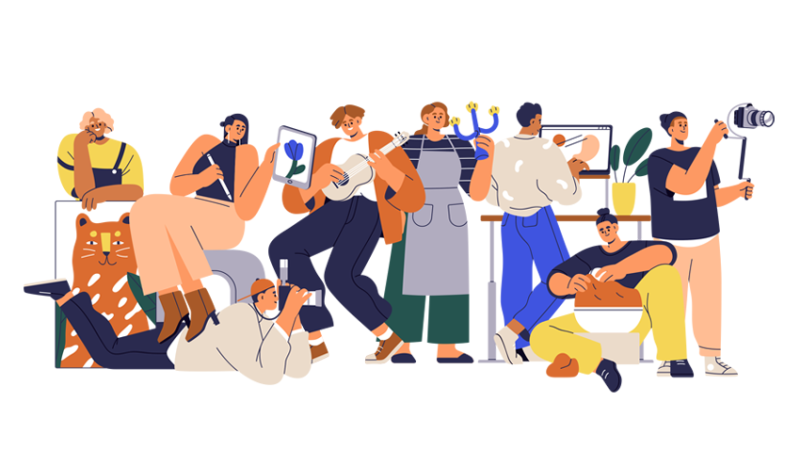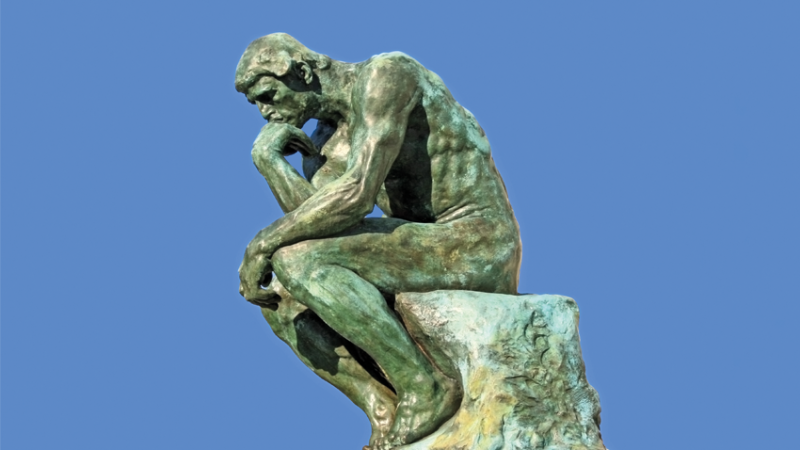Cultural capital – What it is, and why your students need it
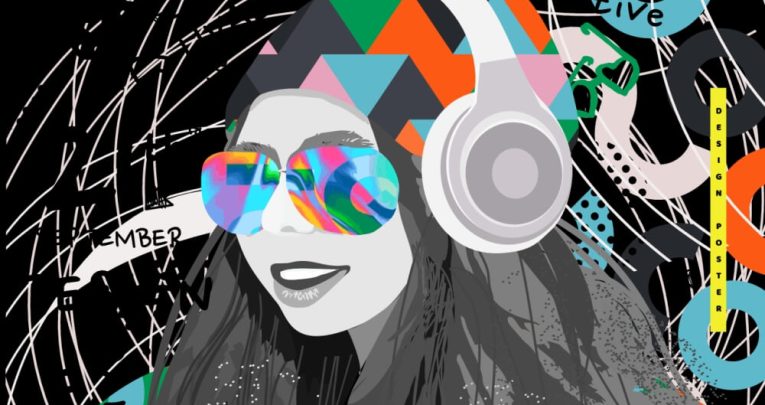
Join us as we explore the importance of cultural capital and the ways it enriches students’ experiences…

- by Teachwire
Delve into the role of cultural capital and how it can shape the learning landscape for students of all ages…
What is cultural capital?
‘Cultural capital’ has made it into edspeak. It’s even mentioned in Ofsted’s school inspection handbook. This says that inspectors will consider “the extent to which schools are equipping pupils with the knowledge and cultural capital they need to succeed in life.”
This links to wording in the national curriculum, which states that cultural capital is “the essential knowledge that pupils need to be educated citizens, introducing them to the best that has been thought and said and helping to engender an appreciation of human creativity and achievement.”
Within school, a key way of increasing cultural capital is to organise various trips and speakers. Think about who can you access and who will give your students valuable insights into life beyond your walls.
Research about cultural capital
These statistics are taken from Imagine Nation: The Value of Cultural Learning.
- Participation in structured arts activities can increase cognitive abilities by 17%
- Learning through arts and culture can improve attainment in maths and English
- Learning through arts and culture develops skills and behaviour that lead children to do better at school
- Children who take part in arts activities during their early years at home are ahead in reading and maths at age nine
- Students from low-income families who take part in arts activities at school are three times more likely to get a degree
- Students from low-income families who engage in the arts at school are 20% more likely to vote as a young adult
- Employability of students who study arts subjects is higher, and they are more likely to stay in employment
- People who take part in the arts are 38% more likely to report good health
Easy ways to increase cultural capital
- Widen students’ contextual understanding with a home ‘watchlist’, signposting high-quality documentaries and films
- Organise ways for students to meet individuals from different backgrounds and communities and get them conversing
- Familiarise students with public speaking by assigning class and assembly presentations
- Organise weekly visits to the school library, where students can select books based on their own interests
- Use role play and improvisation to better engage students with poor literacy skills
- Find out what students love – recognise and encourage these interests
- Challenge students to talk to older members of their family and find out about their childhood
- Present students with a viewpoint you know they’ll disagree with. Challenge them to come up with three valid points in its favour
Thanks to Hannah Day, head of visual arts, media and film at Herefordshire and Ludlow Sixth Form College, for these ideas.
Why trips are important
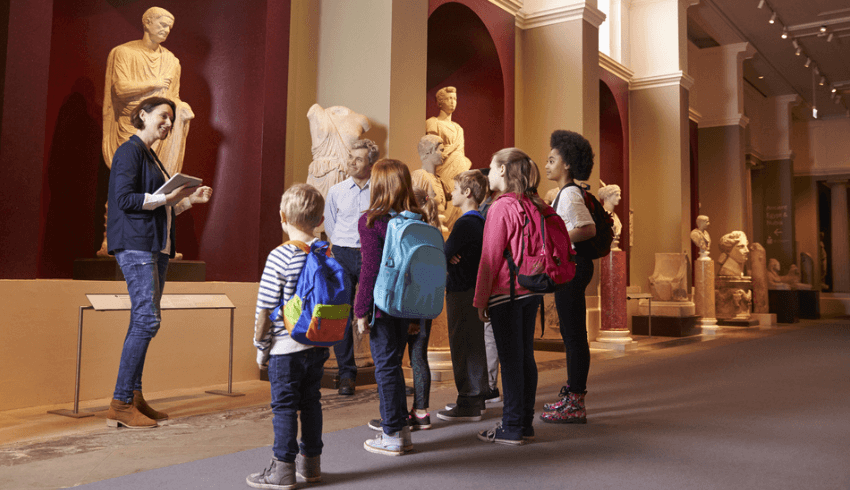
Building cultural capital is a question of priorities, says Kelly Allen – and we’re in danger of getting it very wrong indeed…
Alarming research from the Sutton Trust shows that school trips and outings have been halved since 2022. Already disadvantaged areas are facing even deeper cuts, of up to 68 per cent.
For many children, school trips may be their only opportunity to visit a theatre or museum. These cuts are depriving them of experiences that have been shown to raise aspirations and accelerate social mobility through building cultural capital.
In addition, out-of-classroom learning provides an opportunity for children to connect with their local community. It can awaken their entitlement to use publicly funded cultural buildings.
Bright lights, big city
Merlin Attractions offers a range of school trips in London that will boost students’ cultural capital and help them apply their learning in the real world.
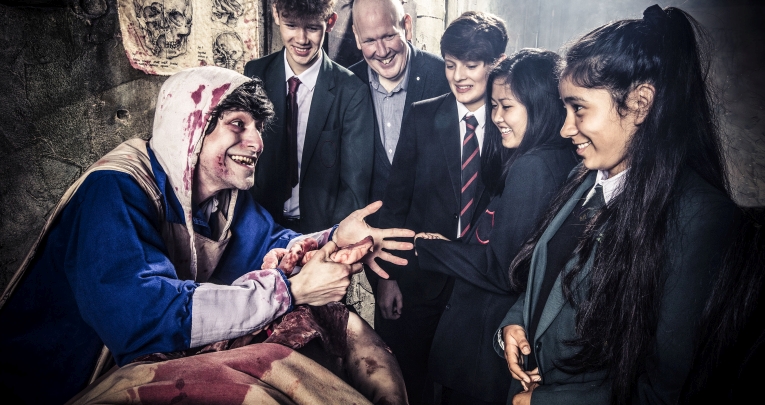
Exposure to culture, of all kinds, offers children a deeper understanding of the world and the people around them. This is something they will carry throughout their lives
This is of particular importance for the generations who have lived two of their formative years with heavy restriction on social interaction during the pandemic. We’re only just beginning to see the long-term impact of this.
The benefits of investing in school trips go beyond the individual. Research from the Cultural Learning Alliance indicates that children involved in cultural activities are more likely to become healthy and productive citizens. They’re more likely, amongst other things, to volunteer and vote.
It can be extremely difficult for schools to prioritise trips, with dwindling budgets and resources. But cultural visits are about so much more than fun and rewards (although they can provide this, too). Providing access to cultural spaces is a key driver in levelling class inequalities and inspiring young people to aim higher.
Why we need to develop cultural capital
Quite simply, by offering these essential developmental opportunities today, we can improve the potential of those who will inherit our society tomorrow.
We need to equip young people with versatile skillsets to address the global challenges currently unfolding, and which they will inherit. This includes climate change and the role of AI in society. They will need creative and imaginative solutions, grounded in compassion for fellow humans.
While academic attainment will always be important, core skills such as communication, empathy, teamwork and critical thinking are in growing demand across the workforce. These will allow young people to be agile and resilient as global issues accelerate.
Cultural education can hold the key to this. But that’s only if all young people have access to varied and high-quality cultural experiences.
At Curious Minds, we are starting to meet teachers who have never taken students out on a school trip. At one time that would have been unthinkable. Whilst there are many brilliant schools continuing to offer their students a rich cultural education, they are increasingly having to swim against the tide to do so.
“We are starting to meet teachers who have never taken students out on a school trip”
Changing the current trajectory of decline hinges on support from both educators and those with influence over education policy. Yes, we need teachers and leaders to prioritise school trips and cultural experiences within their school. But we must first look to policymakers, both locally and nationally, to support initiatives that enable them to do so.
Policymakers need to prioritise culture within public education policy and expenditure, to secure the role of cultural trips and experiences in shaping and inspiring young people.
Kelly Allen is deputy CEO at arts in education charity, Curious Minds.
How to establish partnerships with cultural organisations
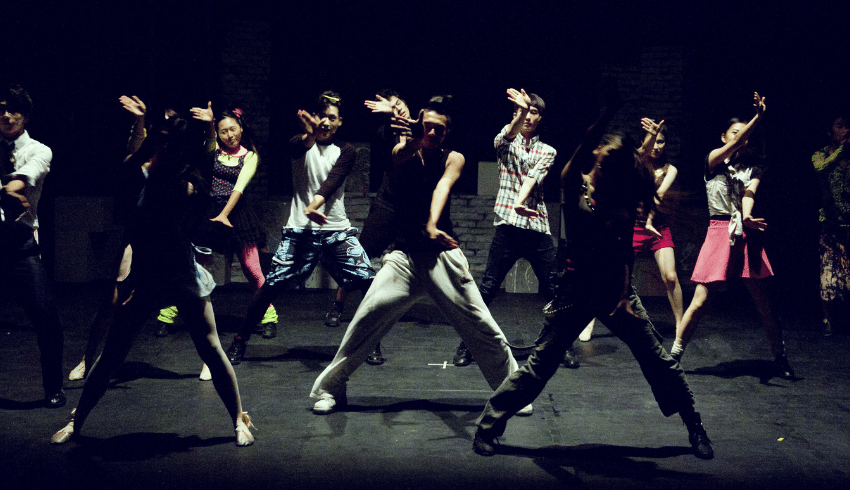
How establishing partnerships with cultural organisations is unlocking the world for young people at this group of schools…
As Oprah Winfrey once said, “Education is the key to unlocking the world, a passport to freedom.” With no disrespect to Oprah, I’d add to it: arts education is the key to unlocking the world. Why, you ask? Well, arts and culture nourish both the head and the heart.
Great arts education can transport students to new worlds. It helps them to think and empathise; and allows them to discover more about themselves in the process. It’s honestly like magic.
Throughout my career I’ve seen this happen countless times. Cultural activities have the power to transform the ordinary into the extraordinary. They lift people out of their everyday lives. They entertain, question and provide challenge about the ways we see and experience the world.
Re-orientation journey
In my role at United Learning I’m lucky to see the power of the arts at scale. United Learning is a national schools group, with educational settings from EYFS to sixth form across England. Our schools look after the education of over 40,000 children and young people and the careers of 7,000 staff.
“Cultural activities have the power to transform the ordinary into the extraordinary”
While the initial group of schools in United Learning were independent schools, the largest part of the group is now in the state sector. These are academies that serve some of the most deprived communities in the country in urban, rural and coastal locations.
We seek to bring out the best in everyone and provide an education with character. Bringing the best opportunities to students, regardless of their background and starting point, is an important way for us to delivery on this promise. Our national scale makes this all the more possible.
Experiencing a cultural venue
In the summer of 2021, against the backdrop of the pandemic – but with schools reopened to all pupils and restrictions slowly easing – our CEO, Sir Jon Coles, approached Arts Council England.
His aspiration was that young people in United Learning’s Manchester and Salford secondary schools should have opportunity to expand their cultural knowledge by experiencing a cultural venue, and what it had to offer. This was as part of their re-orientation journey.
Venues were closed to the public in this region at that time. However, young people were able to come together in education settings. We wanted both pupils and staff to simply get out and enjoy themselves after lengthy periods of uncertainty and change.
In his unique response to this time, Jon recognised the particular pressures being felt by schools and their population. He also wanted to trial a model that could be replicated by other schools to address this challenge and boost access to cultural capital.
Working in partnership
Our solution to this challenge? Our UNlocked project. Planned for summer 2021, we wanted several hundred pupils from our schools across Manchester and Salford to experience the thrill of visiting a cultural venue.
Curious Minds, a charity that works to create fair access to arts and culture for all young people, relished the opportunity to lead on this work.
It was able to utilise its expertise and local knowledge to broker and support partnerships between individual schools and suitable local cultural organisations.
Manchester is rich in cultural venues. Curious Minds brokered a wide range of visits for participating schools. It also funded the initiative, as part of its work as Art Council England’s Bridge Organisation for the north west.
At the time, cultural organisations were in the early stages of re-opening and finding ways they could re-engage with larger groups of people. This created opportunities for venues to test new approaches.
Memorable experiences
Manchester Camerata hosted a musical event at the spectacular venue of The Monastery in Gorton. 120 students from our Irlam & Cadishead Academy and William Hulme’s Grammar School were treated to a performance, workshops and careers conversations. These were led by musicians and the Camerata team.
Their first trip since the pandemic, it gave confidence to teachers to restart their programme of musical events for students.
HOME, an arts and events centre in Manchester, developed a temporary outside theatre space in response to Covid. 280 students from Salford City Academy attended an outdoor performance of A Midsummer Night’s Dream before the end of the summer term.
This school has a strong focus on education with character. Giving such a large number of students a memorable live theatre experience was an excellent fit.
Sadly, a significant rise in Covid numbers in schools at the end of the summer term and beyond meant that not all schools and year groups were able to take up the opportunities and experiences that had been programmed for them.
However, the links with the bridging organisations are now in place, which wasn’t the case previously. This is key. Before, schools didn’t realise the structures available to support them to make better connections with arts and cultural organisations.
Now that partnerships are established we hope this will unlock more of the world for our students.
Forging stronger bonds
Curious Minds continues to work with us to further the capacity of our schools to develop and deliver arts and culture as an aspect of education with character.
We’ve now begun to deliver Curious Minds’ flagship Specialist Leaders in Cultural Education (SLiCE®) leadership development programme to a nationwide cohort of United Learning middle leaders. This is through a blended training model, combining online with face-to-face sessions.
These teachers will examine ‘cultural capital’ as their research focus. They’ll interrogate what the term really means and identify ways to develop and deliver cultural capital.
Through the programme, they will develop skills in:
- commissioning
- cultural production
- project management
- building partnerships
This will further enhance what their academies can offer.
Catherine Barker is head of music and performing arts at United Learning.
How to team up with a venue
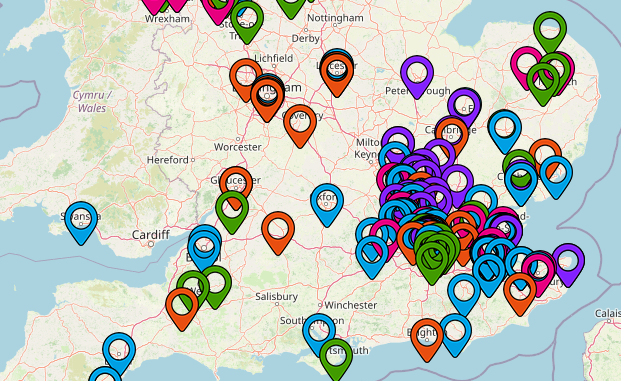
Derri Burdon, chief executive of Curious Minds, explains how to get the best out of the charity’s creative providers map. This helps schools find cultural learning providers and venues.
Bigger isn’t always better
While ‘wow factor’ venues in major cities have a place in shaping children’s cultural lives, they should be part of a broader entitlement that connects them with their local cultural offer.
This will help students to be active in their community and understand arts and culture can be part of their everyday lives.
Bring culture to you
Inviting creative practitioners into school not only injects imaginative energy into the curriculum, but also gives children access to diverse local role models and invaluable insight into creative career choices.
Get students involved in planning
Consider inviting smaller groups of students to browse school trip ideas and plan their own. Leave the worksheets behind and let them be as proactive and curious as possible.
Maybe even give them pocket money (pre-paid debit cards are great for this) to experience ‘culture as a leisure-time pursuit’ – something more fortunate children often take for granted.
Ask us about Curious Citizens Clubs for more inspiration.





